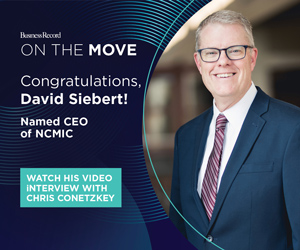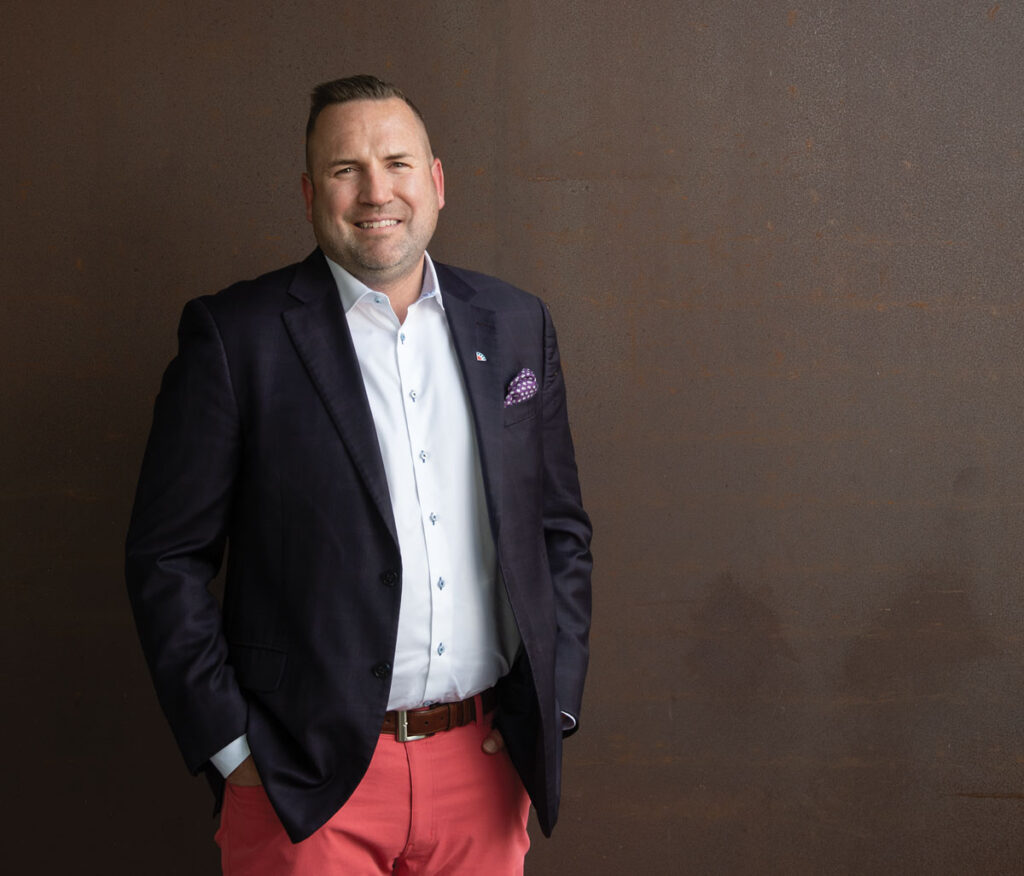Geithner: Banks can use profits to meet capital rules
Treasury Secretary Timothy Geithner said banks will be able to adapt to tougher international safeguards by tapping future profits, rather than curtailing lending and choking off the economic recovery.
Geithner said the international capital standards known as Basel III, due to be agreed on this year by the Group of 20 (G-20) nations, will require banks around the world to hold “substantially” more capital. He made the comments in prepared testimony for a House Financial Services Committee hearing to be held today in Washington, D.C.
“The U.S. financial system is in a very strong position internationally to adapt to the new global rules,” Geithner said. “For the most part, banks should be able to meet these new requirements through future earnings, which will help protect the recovery currently under way.”
Banks will have as long as eight years to adjust to the new capital rules, a centerpiece of the G-20 agenda heading into November meetings in Seoul, South Korea. Regulators want the biggest banks to be more insulated from financial shocks, in hopes of reducing the need for future bailouts, like the $700 billion U.S. bank rescue package or the credit lines extended by central bankers around the world at the height of the crisis.
Geithner said the Basel III agreement includes a “meaningful” transition period for phasing in the new requirements. Forcing banks to raise capital too quickly would jeopardize the global economic recovery, he said.
In addition to the requirements that banks hold more high-quality capital, regulators also must make sure that the rules are applied evenly around the world, Geithner said. Liquidity requirements, intended to make sure banks can access their money in a crisis, will need to be properly calibrated, he said.
“We will also continue to explore innovative ways, such as the use of counter-cyclical buffers and contingent capital, to expand the capacity for the system to absorb unexpected losses without amplifying shocks to the system,” Geithner said.











